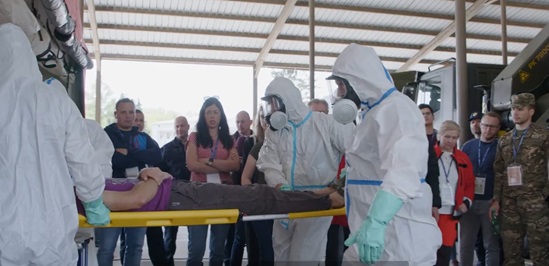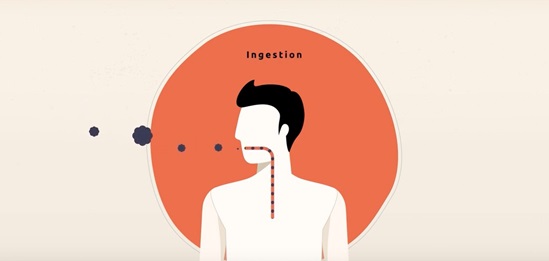Preventing and reducing poisoning
WHO supports countries in preventing and reducing poisoning, with a focus on promoting and supporting the creation and improvement of poison centres. Poison centres help to prevent and manage poisonings. They deal with a variety of chemicals and advise health-care workers, policy-makers and the public on preventive policies, guidance, diagnosis and treatment, both in daily life and in emergencies.
Poisonings are a matter of public health concern. They can be caused by drugs; hazardous substances in workplaces, consumer products and food; hazardous plants; and poisoning animals such as snakes, spiders and jellyfishes. Recent data (2019) for the WHO European Region report nearly 38 000 deaths attributed to unintentional poisoning; this number is probably lower than the actual figure because not all cases are reported or recorded.
As the number of chemicals used in industry, agriculture, households and pharmaceuticals grows, so does the risk of human exposure. The health sector needs to make additional efforts to be prepared to prevent and respond to poisonings.
Health gains through poison centres
Poison centres help decrease mortality from poisoning while reducing the number of visits to emergency departments and shortening the length of stays in hospital. They can also reduce the need for transportation of patients and doctors by providing effective clinical services using telemedicine.
In addition, poison centres collect data on poisoning agents and can provide advice on regulatory decisions about prevention, including on hazardous chemicals in consumer products, modes and effects of exposure, and emerging toxicological hazards. Poison centre data also contribute to improving knowledge about the human health effects of chemicals.
Joint efforts to achieve global and regional goals
WHO European Member States committed to supporting the creation of poison centres and strengthening their capacities at the 7th Ministerial Conference on Environment and Health in 2023. Poison centres contribute to the achievement of global chemical safety goals and targets, such as reducing mortality and illness from unintentional poisoning (Sustainable Development Goal 3.9), ensuring access to poison centres in all countries (Target A6 of the Global Framework on Chemicals), and enhancing health sector engagement in international chemicals management (WHO Chemicals Roadmap).
WHO advocates for creating and improving poison centres, and assists countries in doing so through building capacity, providing guidance, fostering information-exchange among poison centres, and developing tools to facilitate the collection of internationally harmonized data on poisoning.





.tmb-479v.jpg?sfvrsn=c5d3e55_1)

